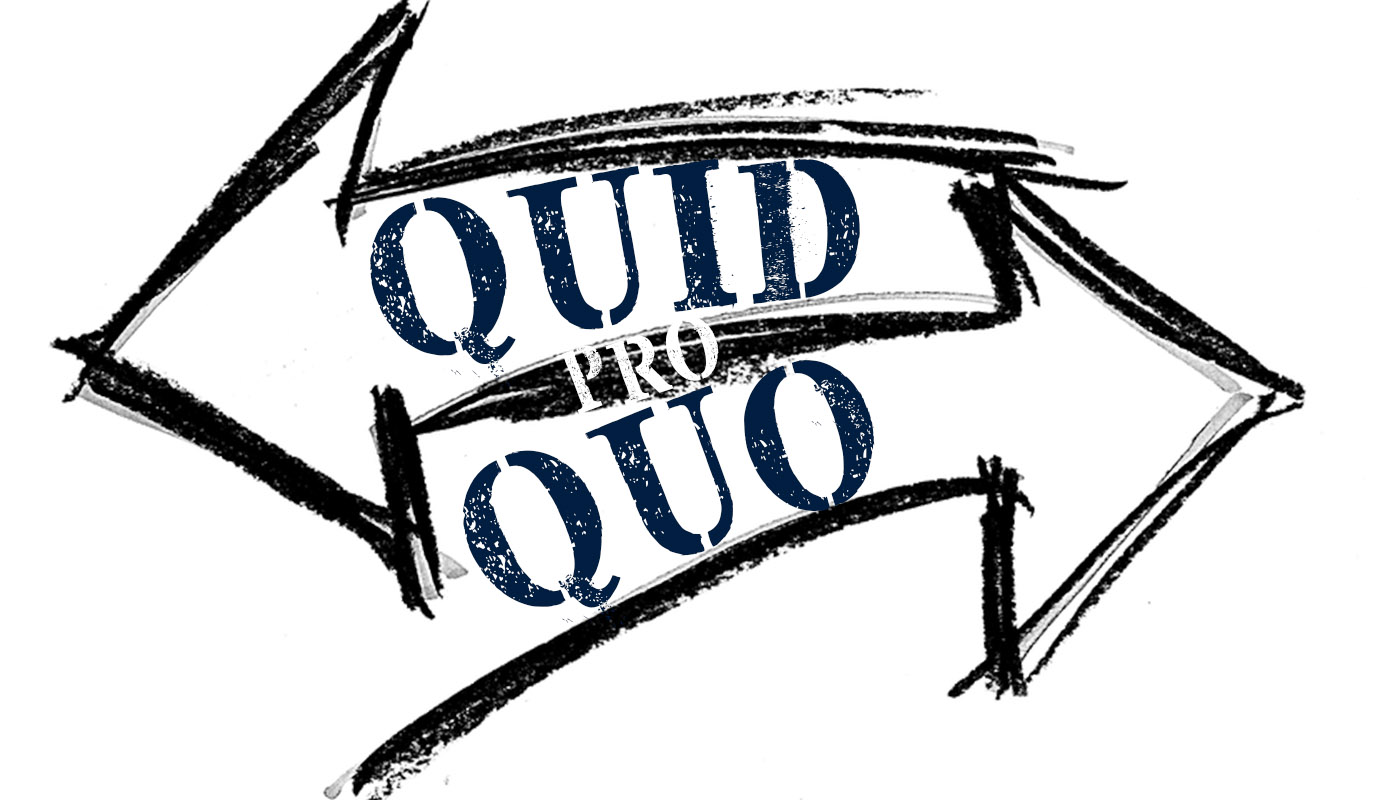
Bribery or Lobbying
In an oligarchy like the United States, a political gift from a corporation or wealthy oligarch to a politician is not considered bribery, even though it fits the definition. Why not? According to the law (who makes the laws), there are a few key differences between lobbying and bribery that make lobbying legal while bribery is not.
- Bribery is a quid pro quo: Bribery involves giving something of value to a government official in exchange for a specific action or decision. Lobbying, on the other hand, is more about providing information and arguments to government officials in an attempt to influence their decision-making. There is no guarantee that a lobbyist will be successful in influencing a decision, and there is no expectation of a specific quid pro quo.
- Bribery is secret: Bribery is typically done in secret, with the intent to deceive or mislead. On the other hand, lobbying is typically done in the open, intending to inform and educate. Lobbyists are required to register their activities with the government, and they must disclose their sources of funding. This excludes PACs or political action committees.
- Bribery is illegal: Bribery is a crime in most countries. Lobbying, on the other hand, is legal in most countries, including the United States. There are some restrictions on lobbying, such as the need to disclose activities and funding, but lobbying is generally considered a “legitimate form” of political participation. Once again, as designed by the recipients of bribes.
In short, lobbying is not considered bribery because it does not involve a quid pro quo, is not done in secret, and is illegal. While there are some similarities between lobbying and bribery, some important differences make lobbying a legitimate form of political participation.
Here are some additional points about the differences between lobbying and bribery:
- Lobbying is about influencing policy, while bribery is about influencing individuals. Lobbyists try to persuade government officials to adopt favorable policies for their clients. Bribers, conversely, try to get government officials to do something specific, such as vote a certain way on a bill or appoint a particular person to a position.
- Lobbying is more transparent than bribery. Lobbyists are required to register their activities with the government, and they must disclose their sources of funding. Bribers, on the other hand, often try to keep their activities secret.
- Lobbying is more regulated than bribery. There are laws and regulations in place that govern lobbying activities. Bribery, on the other hand, is illegal in most countries.
Of course, lobbying always has the potential to cross the line into bribery. For example, a lobbyist might offer a government official a bribe in exchange for a specific vote. However, as long as the lobbyist does not offer a quid pro quo, their activities are still considered to be lobbying, not bribery. If you struggle to see the difference, you’re not alone. Ask a West Virginia coal miner suffering from black lung (1 in 5 do suffer from black lung) if they see a difference, and they’ll probably say, “No, especially when politicians receive thousands to vote against black lung legislation – it feels like quid pro quo – or whatever.”






